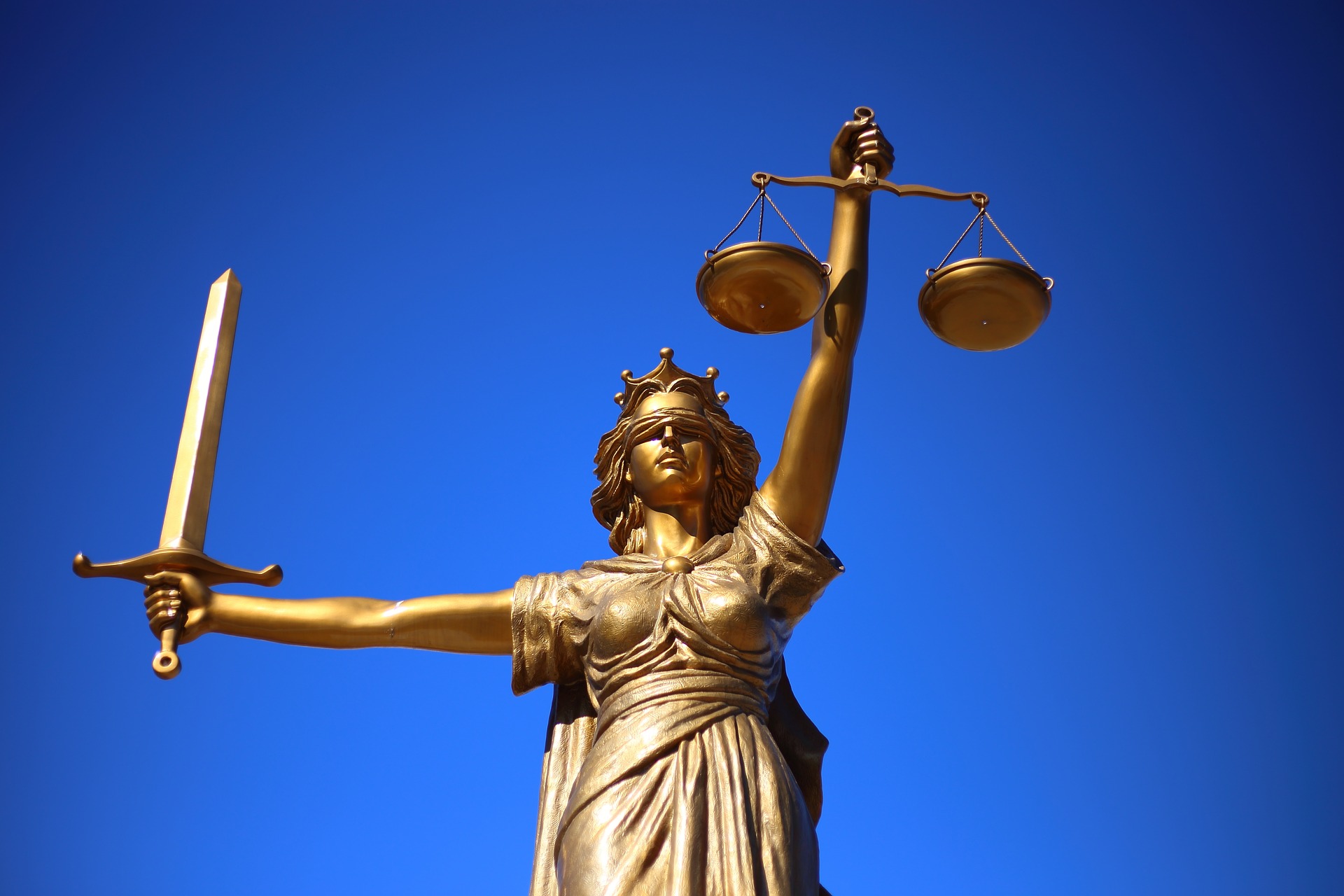Some people assume that litigation lawyers spend most of their time “battling it out” in dramatic courtroom scenes against the other side.
The reality is that litigation lawyers in Brisbane and elsewhere spend the time carefully preparing their cases for the best chance of winning. Their primary role is to uncover weaknesses in the other side’s position so they can prepare for trials and negotiations.
Ideally, litigation lawyers want to achieve satisfactory outcomes for their clients through a settlement. With that in mind, here’s what you need to know about litigation lawyers, such as what they do and how they do their work:
Legal Advice
One of the most fundamental things that a good litigation lawyer does is conduct a thorough review of a client’s legal documents and provide them with legal advice. Litigation lawyers typically review documents like contracts, agreements, and property deeds.
There might be times when they must consult an expert in a specific field before offering the right legal advice to their clients.
Once a litigation lawyer has reviewed a client’s documents, they can then advise whether their client has a case and if so, they can begin to strategise.
Evidence Gathering
There’s no denying that any legal case can only be successful if the lawyers representing their clients have access to all the facts. To achieve that goal, a litigation lawyer must collect all relevant case information at the outset that will enable their client to get the best outcome.
Typically, the evidence collected will include their client’s account of how specific events transpired, along with all necessary information to back up those claims. A client’s litigation lawyer must gather all supporting evidence to get submitted to the court.
Legal Research and Case Preparation
When a litigation lawyer has gathered the evidence to support a claim, they must also perform some legal research as that will form part of the basis of their court case. Without conducting the right research, a litigation lawyer cannot craft a winning argument.
In a nutshell, legal research describes the process of determining which laws, statutes, regulations, and even court opinions (case law) can apply to a case. Such research is fundamental in supporting a court case.
Commencement of Litigation Proceedings
Litigation proceedings are where a litigation lawyer commences the process of taking legal action against the other side on behalf of their client.
The process begins with a claim getting prepared and filed with the registrar of a relevant court. Each claim contains full details of why the plaintiff (the client) has filed a lawsuit against the other side (the defendant).
Furthermore, each claim must contain all the facts to support the case. It goes without saying that all claim documents must get drafted correctly, as failure to do so could result in a disastrous result for the client.
Discovery
During the discovery stage of a court case, the litigation lawyers for each side have a legal obligation to provide each other with all relevant documents and answer questions asked by the other side.
The trouble is litigation lawyers are reluctant to provide such information as it could damage their case. It takes a lot of skill for a litigation lawyer to draft specific discovery requests, and to provide only what is legally mandated of them when responding to such requests.
Dispute Resolution
Another key part of a lawyer’s job is litigation and dispute resolution. Mediation is a process that generally occurs before a formal trial can begin, and the process can also occur at other stages of litigation.
Dispute resolution is a positive way for all parties to reach an agreement and settle a case out of court, especially as it saves both sides time and money, and reduces a judge’s workload.
Trial, Hearing, and Appeal
If mediation fails to resolve a dispute, a trial or hearing occurs. A litigation lawyer is essentially the legal professional that does all the groundwork for a case. Once it goes to trial, a barrister takes over – with the assistance of a litigation lawyer.
Of course, when a trial concludes, that doesn’t mean that’s the end of the matter. Clients can still appeal any decisions made by a judge through an appeals process.
Conclusion
If you’d like to discuss a situation where you feel you could have a strong case, call us today at (07) 3219 4201 or email office@victorlegal.com.au. Our team is here to help you reach a favourable outcome.
